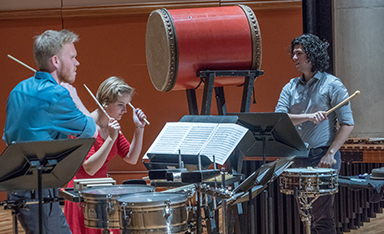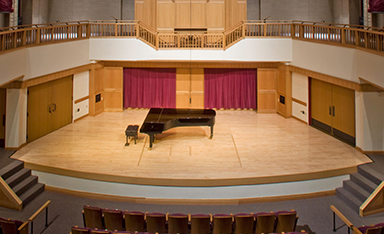Lamont offers an exceptional environment for violinists, combining individualized instruction with world-class resources and performance opportunities. Our violin studios are vibrant and collaborative, where violinists challenge and support one another in pursuit of artistic excellence. Guided by Professors Linda Wang, Igor Pikayzen, Yumi Hwang-Williams, and Laura Schleiger, students engage in intensive private lessons, chamber music, performance class, large ensembles, and masterclasses with renowned guest artists. In Lamont’s violin studios, students celebrate each other’s successes and push one another to reach new artistic heights.
25-30 violin students at Lamont
Over 5 ensembles to participate in each quarter
300+ performance opportunities per year


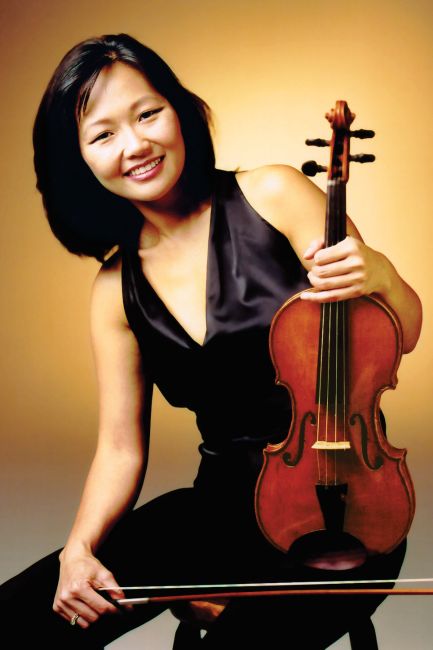
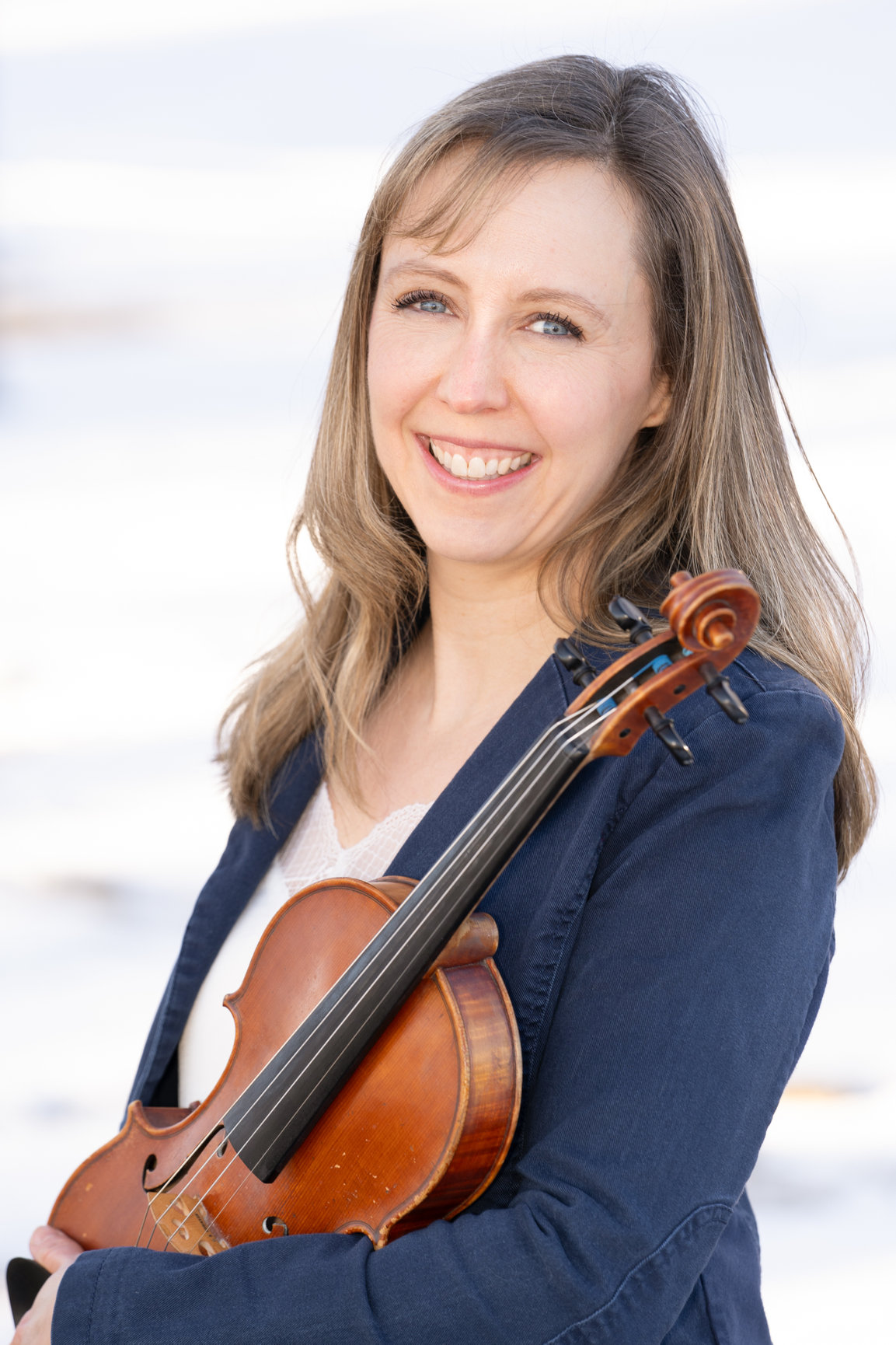
Audition Repertoire Requirements
Undergraduate (BM, BA, and Minor)
-
In-Person Audition Requirements
All auditions are approximately 15 minutes in length. The applicant will choose one of their prepared works to perform. The faculty will choose the second of the prepared works and possibly an additional work as well.
BM and BA-Applied Music
- One major and one minor scale of your choice with arpeggios (three octaves)
- One movement of a standard concerto, minimum difficulty level of Bruch Violin Concerto (memorization required)
- One movement of an unaccompanied Bach Violin Sonata or Partita (memorization required)
- One etude of your choice, minimum difficulty of Kreutzer, 42 Studies
Minor
- Two contrasting works that best demonstrate your technical and musical abilities
-
Video Audition Requirements
Applicants unable to travel to Denver for a live audition may submit a video audition via the Lamont application. Repertoire may be recorded separately in multiple takes; editing within each take is prohibited.
BM and BA-Applied Music
- One major and one minor scale of your choice with arpeggios (three octaves)
- One movement of a standard concerto, minimum difficulty level of Bruch Violin Concerto (memorization required)
- One movement of an unaccompanied Bach Violin Sonata or Partita (memorization required)
- One etude of your choice, minimum difficulty of Kreutzer, 42 Studies
Minor
- Two contrasting works that best demonstrate your technical and musical abilities
Graduate (MM, certificate, Suzuki pedagogy, AD)
-
In-Person Audition Requirements
All auditions are approximately 15 minutes in length. The applicant will choose one of their prepared works to perform. The faculty will choose the second of the prepared works and possibly an additional work as well.
MM in Performance
- One major and one minor scale of your choice with arpeggios (three octaves)
- One movement of a major Romantic or contemporary concerto
- Two movements (slow and fast) of an unaccompanied Bach Sonata or Partita
- A composition of your choice
Certificate in Performance
- One major and one minor scale of your choice with arpeggios (three octaves)
- One movement of a major Romantic or Contemporary concerto
- One movement of an unaccompanied Bach Sonata or Partita
- A composition of your choice
Review Requirements for Artist Diploma
Review Requirements for Certificate in Orchestral StudiesMM in Suzuki Pedagogy
- One major and one minor scale of your choice with arpeggios (three octaves)
- Two movements of a concerto, minimum difficulty level of the Barber Concerto
- Two movements (slow and fast) of an unaccompanied Bach Sonata or Partita
- One etude of your choice, minimum difficulty level of the Rode 24 Caprices
Certificate in Suzuki Pedagogy
- Level 1: Two contrasting pieces of your choice, minimum difficulty level of Seitz's Concerto No. 5, 1st movement or Vivaldi's Concerto in A minor, 3rd movement
- Level 2: Two contrasting pieces of your choice, minimum difficulty level of Mozart's Concerto No. 4 or 5, 1st movement with cadenza
Students are required to receive acceptance for teaching training through the Suzuki Association of the Americas. The Suzuki Association is responsible for all Suzuki teacher training that takes place in the Americas and approves and supports the University of Denver Lamont School of Music as a university long-term training center for Suzuki Method Violin and Cello. A video of your performance must be sent into the Suzuki Association. For audition guidelines, please click here.
-
Video Audition Requirements
Applicants unable to travel to Denver for a live audition may submit a video audition via the Lamont application. Repertoire may be recorded separately in multiple takes; editing within each take is prohibited.
MM in Performance
- One major and one minor scale of your choice with arpeggios (three octaves)
- One movement of a major Romantic or contemporary concerto
- Two movements (slow and fast) of an unaccompanied Bach Sonata or Partita
- A composition of your choice
Certificate in Performance
- One major and one minor scale of your choice with arpeggios (three octaves)
- One movement of a major Romantic or Contemporary concerto
- One movement of an unaccompanied Bach Sonata or Partita
- A composition of your choice
Review Requirements for Artist Diploma
Review Requirements for Certificate in Orchestral StudiesMM in Suzuki Pedagogy
- One major and one minor scale of your choice with arpeggios (three octaves)
- Two movements of a concerto, minimum difficulty level of the Barber Concerto
- Two movements (slow and fast) of an unaccompanied Bach Sonata or Partita
- One etude of your choice, minimum difficulty level of the Rode 24 Caprices
Certificate in Suzuki Pedagogy
- Level 1: Two contrasting pieces of your choice, minimum difficulty level of Seitz's Concerto No. 5, 1st movement or Vivaldi's Concerto in A minor, 3rd movement
- Level 2: Two contrasting pieces of your choice, minimum difficulty level of Mozart's Concerto No. 4 or 5, 1st movement with cadenza
Students are required to receive acceptance for teaching training through the Suzuki Association of the Americas. The Suzuki Association is responsible for all Suzuki teacher training that takes place in the Americas and approves and supports the University of Denver Lamont School of Music as a university long-term training center for Suzuki Method Violin and Cello. A video of your performance must be sent into the Suzuki Association. For audition guidelines, please click here.







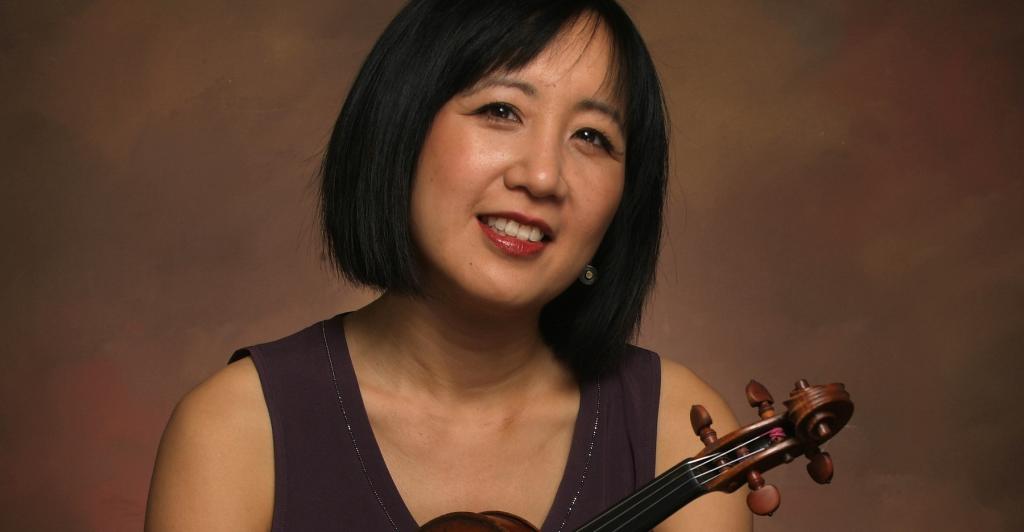


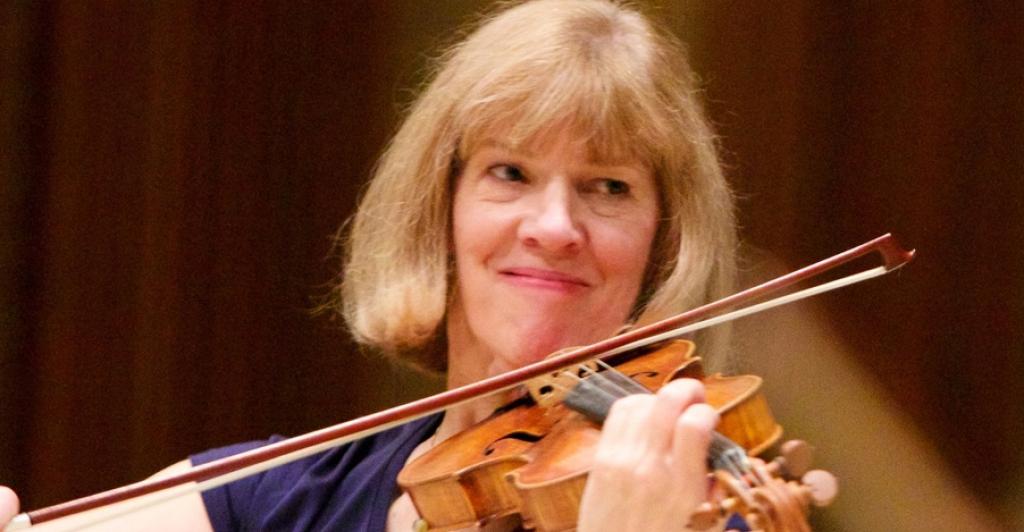

.jpg?crop=yes&position=c)


